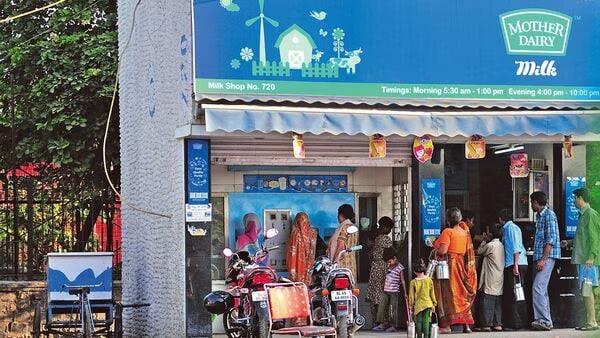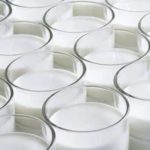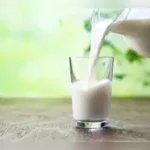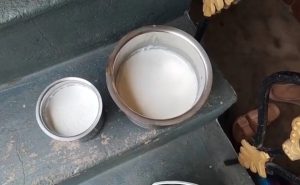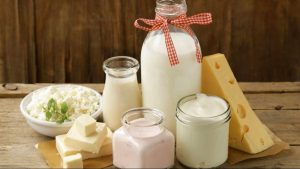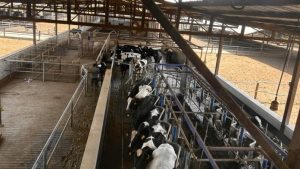
The Union government on Thursday clarified that no final decision has been taken on import of milk products such as ghee and butter and that if at all such a decision is taken, imports would be routed only though the National Dairy Development Board (NDDB), which would ensure that the market is not distorted and the interests of dairy farmers are protected.
The clarification comes after former Union agriculture minister Sharad Pawar on Thursday said the Centre’s decision to import milk products would be “unacceptable” as it would directly affect the income of the domestic milk producers and impede the revival of the dairy sector from the covid-19 pandemic.
The ministry of fisheries, animal husbandry and dairying further stated that even if the government decides to import milk products, “it will be ensured that it is routed only through the NDDB and the needy Unions may be given the stocks at the market price after proper assessment. This will ensure that the market is not distorted and the interests of our dairy farmers are protected,” the ministry explained.
“Any decision by the central government in this regard (milk product imports) will be totally unacceptable because the import of these products will directly affect the income of the domestic milk producers. The dairy farmers have recently come out of the unprecedented covid-19 crisis and such a decision will severely impede the revival process of the dairy sector,” Pawar said in a social media post.
The ministry further added that the government is well aware and considerate of the fact that dairying has been a major source of livelihood for millions of dairy farmers in the country and all the schemes or programmes of the government are aimed at further strengthening it.
“However, this is a fact that there has been some demand and supply gap observed in dairy sector primarily due to increased demand for nutritious, and hygienic milk and milk products post covid-19 pandemic,” the ministry said.
To meet the growing demand and considering the fact that the supply of milk in the ensuing summer season being a lean season may be less, there were demands from several dairy cooperatives for import of conserved dairy commodities—milk fat and powder.
In this background, NDDB along with the government has been monitoring the demand-supply situation. Since the process of import takes time, the necessary back-end processes are being put in place to timely manage the situation in case of any eventuality.
In case the situation warrants, the import may be done to help ease the situation for the dairy cooperatives to meet summer demand.
However, in that case also it will be ensured that it is routed only through NDDB and the needy unions may be given the stocks at the market price after proper assessment.
“We have not taken a final call on it [milk product imports]. Hopefully it won’t be needed. We want to ensure that farmers are protected but at the same time consumers are also protected. We will intervene if required. One option is imports. But imports are a last resort as it is not a farmer friendly move,” Animal Husbandry and Dairy Secretary Rajesh Kumar Singh had told reporters on Wednesday.
Feed and fodder cost, which has a 70-75% share in milk production, has shot up 20-25% due to higher exports of fodder crops such as wheat, barley and maize amid a supply shortage in the global market due to Russia’s invasion of Ukraine. This has pushed up the wholesale price index for fodder to 220 in FY23 from 180.5 in FY22.
